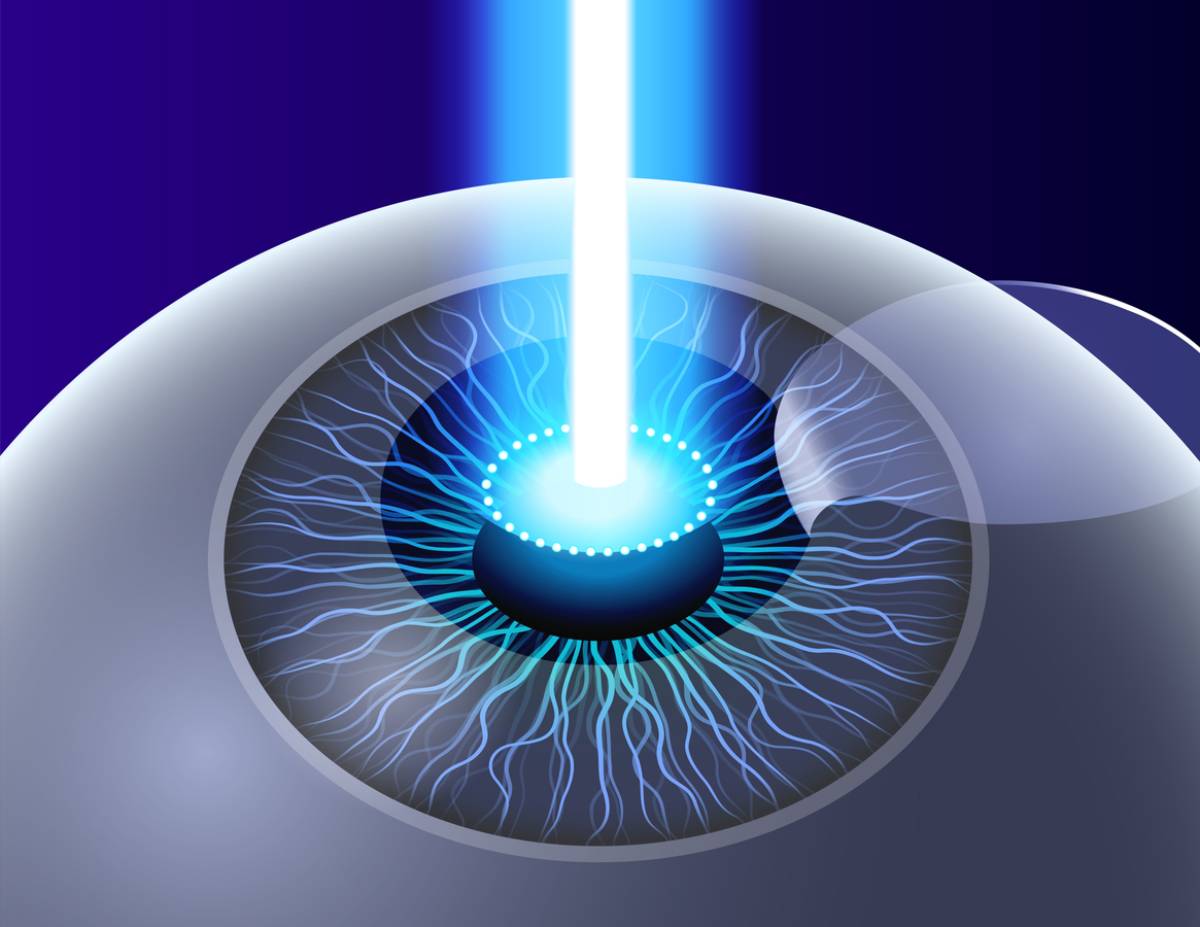Does LASIK Surgery Hurt?
Lasik surgery has revolutionized the way we perceive vision correction, offering an alternative to glasses and contact lenses. However, a prominent question many are concerned about is, “Does LASIK surgery hurt?” Understanding the level of discomfort associated with LASIK is crucial for anyone considering vision correction.
Understanding LASIK
When your eye isn’t working properly due to refractive errors, many turn to LASIK as the solution to correct nearsightedness, astigmatism, and other conditions. It is the most commonly used method to fix these types of eye problems.
LASIK implements a special cutting laser to alter the shape of your cornea. For those who have no vision complications, the cornea bends light with precision onto the back of the retina. If you suffer from vision problems, this is due to the refracted light bending incorrectly, causing blurred vision.
Does LASIK Surgery Hurt?
Generally, LASIK is considered a painless procedure. Your eye surgeon will insert numbing eye drops to prevent any pain or discomfort. It is commonly reported that mild pressure or feelings of warmth during your surgery may be felt but should not progress to discomfort or pain. If you experience any pain, immediately alert your physician.
What to Expect During LASIK Surgery?
Knowing what to expect during your LASIK surgery can alleviate some pre-operation anxiety. The process is composed of a few sophisticated steps to get your blurry vision crisp and clear.
- Your surgeon will numb your eye with eye drops. You will be awake during the entirety.
- A lid speculum is used to hold your eyelids open to prevent blinking before the special laser is deployed to create a corneal flap in your eye.
- A corneal flap is created by cutting a thin, hinged flap into your cornea.
- When using a microkeratome, a suction ring is placed, which can cause mild pressure and dim vision.
- The corneal flap is secured out of the way to expose your underlying corneal tissue.
- Using the laser, your eye surgeon will reshape the corneal tissue to light refraction error.
- You will be instructed to focus on a point of light during your operation to stabilize your eyes during the operation.
- The corneal flap is gently put back into place and will heal on its own without the need for stitches.
After your surgery, you may experience:
- Eye-watering
- Tenderness or discomfort
- Burning
- Fluctuating vision and halos.
Recovering after LASIK is a relatively easy process. Negative side effects following your surgery should subside gradually over the first 24 hours, with symptoms clearing up completely within the first three to four weeks. You must carefully follow any post-operative care instructions provided by your eye surgeon and keep any follow-up appointments to monitor progress and address any concerns related to your surgery.
Post-Operative Discomfort and Recovery
Pain and discomfort related to LASIK are typically mild and temporary, with side effects that subside throughout three to four weeks. To manage this pain and discomfort, your eye surgeon may prescribe pain medication. In addition to prescription pain medication, your medical team may also advise the use of over-the-counter pain relievers to ensure discomfort is kept to a minimum while you recover.
Only take medications as directed by your medical team. Your eye surgeon will give you all the information and instructions you need for a speedy healing process. All instructions provided to you by your care team should be taken over all else.
Consult with a Dental Professional
The idea of laser eye surgery may seem frightening. But understanding the facts about LASIK can help dispel any pre-operation anxiety about pain and discomfort. By consulting with a qualified eye surgeon and educating yourself, you can approach LASIK surgery with confidence and achieve clearer vision with minimal discomfort.
Individual experiences may vary, but it is important to remember that LASIK surgery is a safe and minimally invasive procedure that is designed to improve your vision and enhance your quality of life. By understanding common practices for pain management, properly preparing for your surgery, and following any instructions provided by your care team diligently, you can navigate the process with less anxiety and more peace of mind. Ultimately, the benefits you can gain from the power of LASIK surgery exceed any temporary discomfort you may experience.
To learn more about LASIK and how it can improve your vision, speak to a medical professional today so you can see clearer tomorrow.
Reference:
Boyd. K. (2024). LASIK- Laser Eye Surgery.
